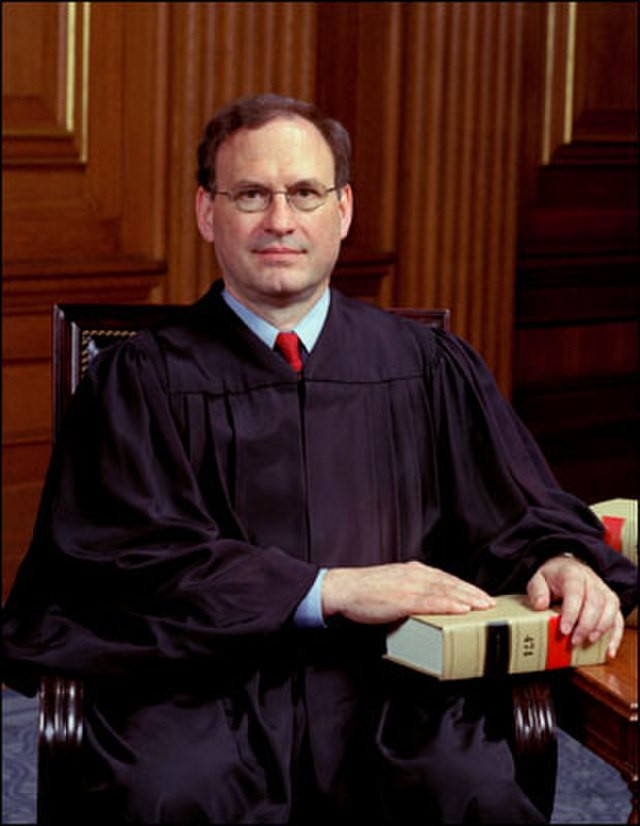Supreme Court Justice Samuel Alito announced on Wednesday that he would not recuse himself from cases involving the January 6 insurrection and former President Donald Trump's attempt to overturn the 2020 election. This decision comes amidst widespread calls for his recusal following revelations about controversial flags flown at his properties.
The controversy began when the New York Times reported that flags associated with movements to overturn President Joe Biden's 2020 victory were seen outside Alito's Virginia home and his New Jersey vacation home. The revelation led to calls for recusal from many Democratic members of Congress. In his response, Alito attributed the flags to his wife, Martha-Ann, stating, "My wife is fond of flying flags. I am not," and explained that he had asked her to remove the upside-down flag, but she initially refused.
Alito's letter notably relies on the Supreme Court's internal ethics code, introduced in 2023, which is widely regarded as unenforceable and less stringent than federal laws governing judicial recusal. The federal statute requires any justice to disqualify themselves from proceedings where their impartiality might reasonably be questioned. However, Alito focused on the weaker language of the Supreme Court's internal code, which presumes a justice's impartiality unless disqualified.
"The two incidents you cite do not meet the conditions for recusal," Alito wrote in a letter addressed to members of the U.S. House who had called for his withdrawal from the cases. He added that the decision to fly the flags was his wife's, influenced by a "very nasty neighborhood dispute," and not a reflection of his own views or actions.
This reliance on the Supreme Court's internal code, rather than the federal statute, has drawn significant criticism. Critics argue that the code is essentially a tool for justices to justify ignoring stricter federal recusal requirements. Alito's decision to prioritize the Supreme Court's internal code over the federal law governing judicial recusals exemplifies this concern.
"A reasonable person who is not motivated by political or ideological considerations or a desire to affect the outcome of Supreme Court cases would conclude that this event does not meet the applicable standard for recusal," Alito argued. This statement underscores his belief that his impartiality is not reasonably in question, despite the visible symbols of partisan controversy associated with his residences.
The Supreme Court is currently weighing significant cases tied to the 2020 election and the Capitol attack. One involves Trump's claim of absolute immunity from special counsel Jack Smith's election subversion charges, while another involves a January 6 rioter challenging an obstruction charge, arguing that the law was intended for evidence destruction, not storming government buildings.
Alito's refusal to recuse has intensified calls for the Supreme Court to adopt a more enforceable and transparent ethics code. Sen. Dick Durbin, chair of the Senate Judiciary Committee, criticized Alito's decision, highlighting the need for a credible code of conduct for Supreme Court justices. "At the end of the day, the Chief Justice can end this spiraling decline in America's confidence in our highest Court by taking decisive action," Durbin stated.
Sen. Sheldon Whitehouse and Rep. Hank Johnson echoed these sentiments, emphasizing the necessity for congressional intervention to establish enforceable ethical standards for the Supreme Court. "Justice Alito's story conflicts with the accounts of other people involved, and the Supreme Court - uniquely in all of government - has no mechanism for getting to the truth," Whitehouse said.






